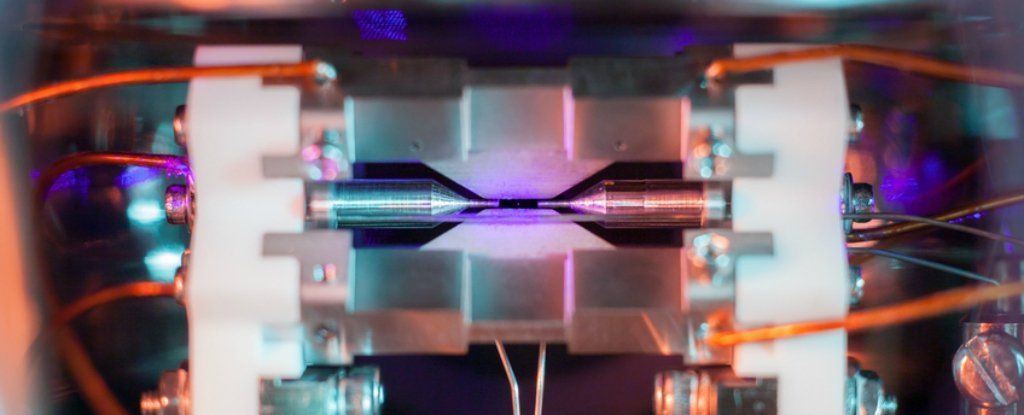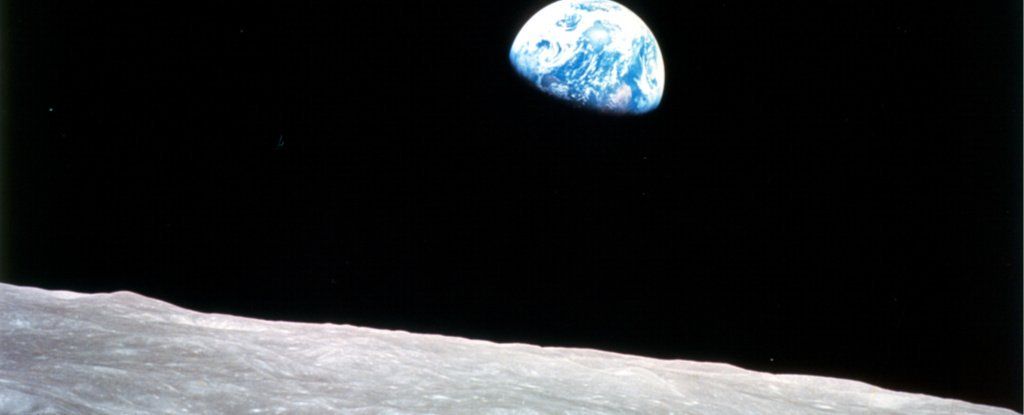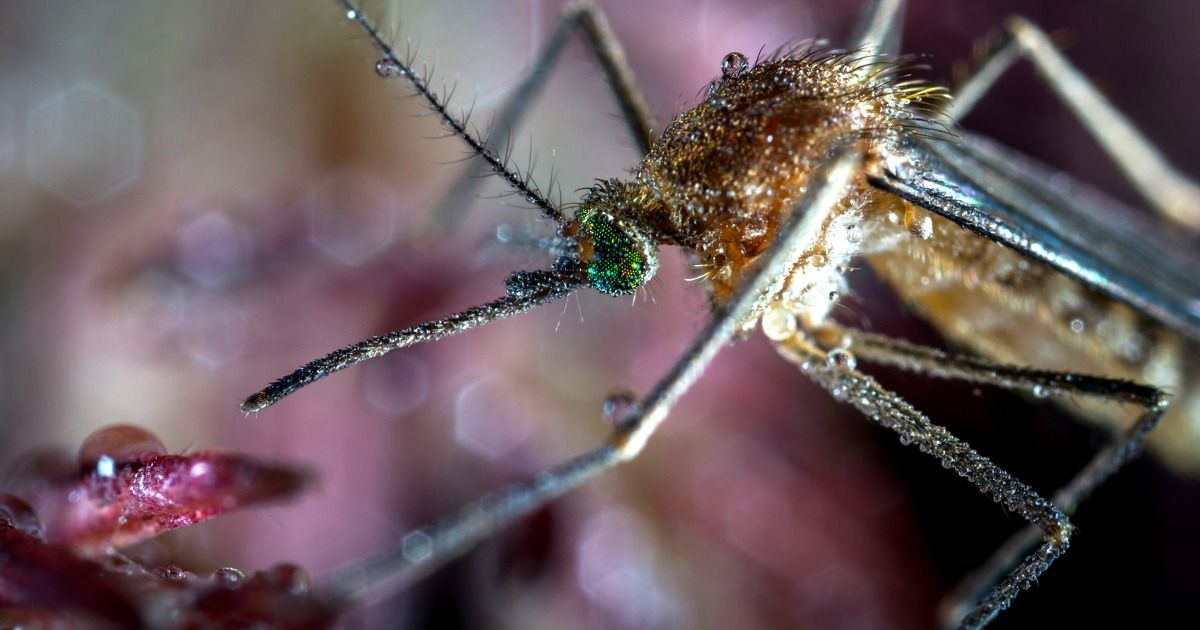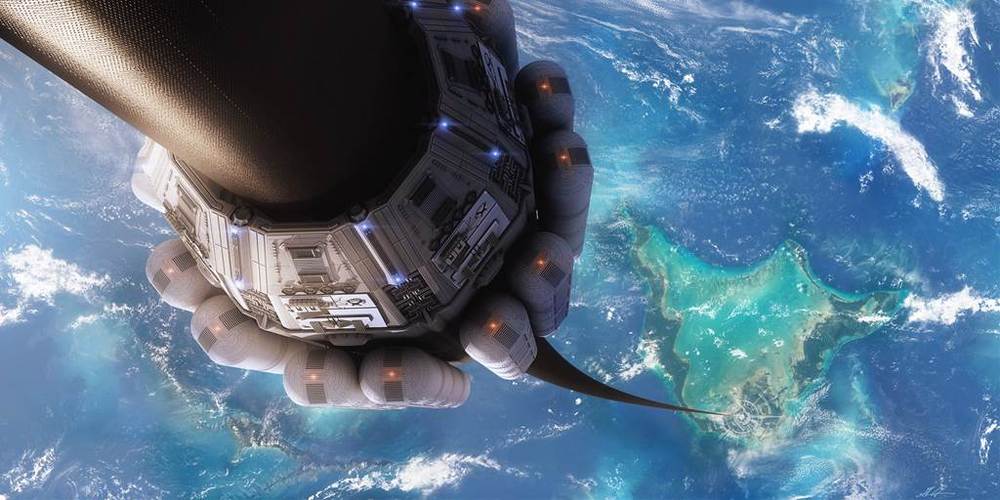Humanity is producing so much data every single minute that we either need to slow down, or scientists need to crack the problem of finding better ways of storing that data ASAP. Now, new research has taken us one step closer to the ultimate in compact data storage: putting data on a single atom.
As the basic building blocks of all matter, atoms are the smallest object we could possibly store a bit (a 1 or a 0) on, potentially shrinking down the size of existing hard drives by about a thousand times or so, if we can figure out how to get it to work.
Scientists have already made progress in storing bits on atoms, but only on a small scale and in tightly controlled lab conditions, which usually means extremely cold setups.







